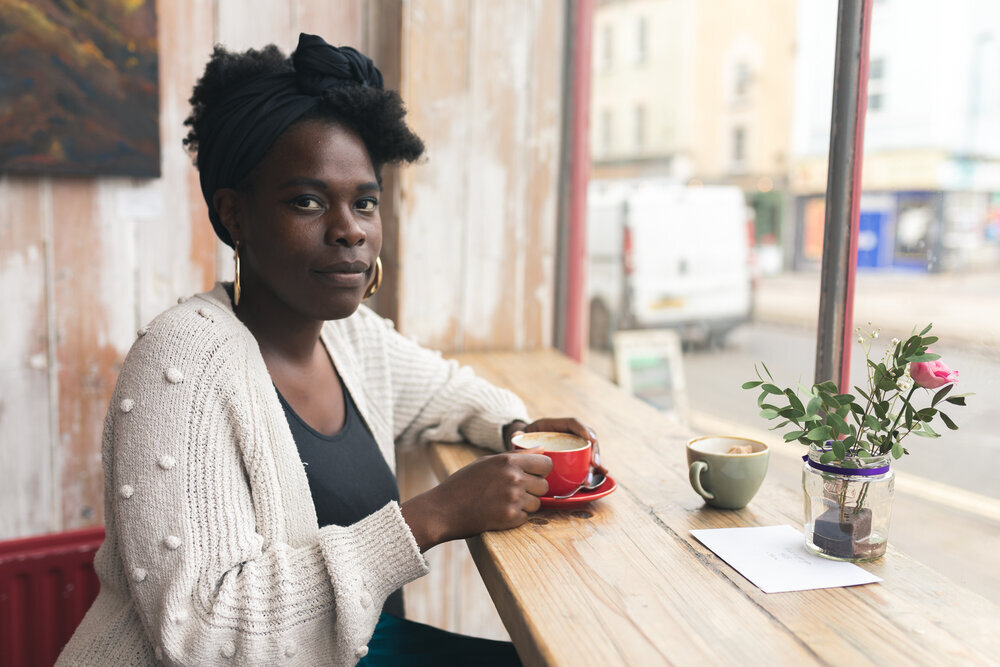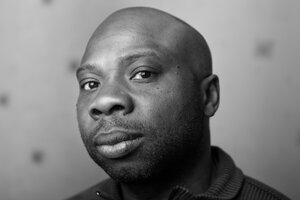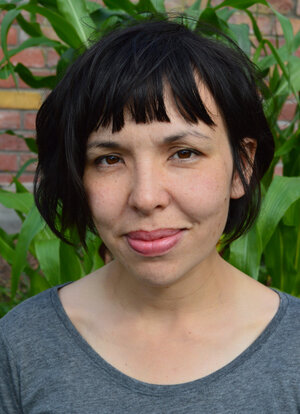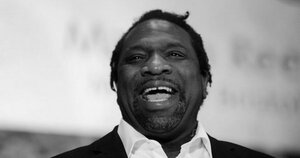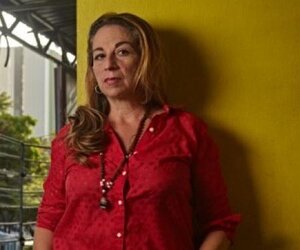A quirky, quintessential Arena film, The Banana looks at musa sapientum, the fruit of the wise, through a variety of lenses. Among the talking heads considering the impact of this wonder food, The Velvet Underground's John Cale tells the story behind Andy Warhol's famous LP cover, Auberon Waugh and John Walters recall their first encounters with the fruit after the war and activist Darcus Howe considers the colonial history central to this story. For five days only, Bristol Libraries brought you this entertaining 1997 Arena documentary, directed by Kate Meynell, which also tackles serious issues such as colonialism and capitalism. For a city built on the fruits of the colonies, this film gets to the heart of current debates about its history, as reflected in the new response film featuring most recent Bristol Poet Laureate Vanessa Kisuule, writer and activist Edson Burton, YA author Polly Ho Yen and historian Dr Saima Nasar. You can still enjoy exclusive new poems inspired by the film from local poets Miles Chambers and Solomon OB and learn how to start your own personal writing journey with a masterclass from award-winning author Monique Roffey.
This evocative Arena film from the BBC archives, directed by Tim May, screened as part of Mancheter International Literature Festival. Exploring the relationship between culture and class politics which MacColl epitomised then and now, you can still watch responses to the film from performer Jennifer Reid, presenter and journalist Stuart Maconie and spoken word poet Tony Walsh, as well as an exclusive appearance by Peggy Seeger. Enjoy new poems inspired by the film from local poets Cheryl Martin and Ella Otomewo and learn how to start your own personal writing journey with a masterclass from acclaimed poet, playwright and lyricist Louise Wallwein.
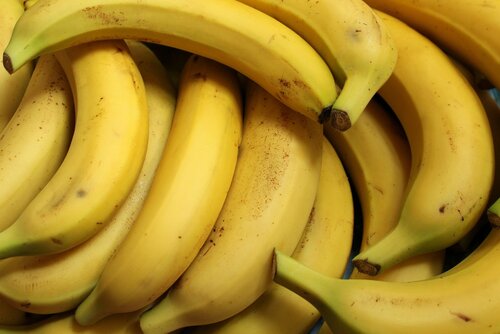
ARENA: THE BANANA
‘All things have their song. The sun, the moon, the birds, the sea — I thought the banana should have a song as well,’ so said the leader of Saumak Raya, a musical band of Contra rebels I filmed in the heat of the war in Nicaragua in the 1980s. He sang,
All the nations like banana, all the nations like banana –
Cubans like it, Banana!
Africans like it, Banana!
Americans like it, Banana!
English like it, Banana!
When we made The Banana in 1997, we included that sequence.
In the hands of Contra terrorists, rehabilitated in detention by the Sandinista government, the humble banana carries a message of global empathy and commonality. So, if the banana can have a song, why not a film too? A film that would celebrate the banana, but might also explore its darker side.
Arena: The Banana is in a tradition that Arena pretty much originated, taking a subject that might not be thought obvious or appropriate for an arts documentary. An everyday item that could have the potential to tell us something about ourselves and our world, which we might not have considered or anticipated: a soupy song (My Way); an ordinary car (The Private Life of the Ford Cortina); a radio programme (Desert Island Discs); a hotel (The Chelsea Hotel in New York).
They’re subjects that reveal an unlikely coincidence of interests among an ostensibly disparate collection of characters. The classic Radio Times billing for an Arena film of this kind would begin with the words ‘What do the following have in common?’ In the case of The Banana, the film features Spike Milligan, the Duchess of Devonshire, Darcus Howe, Nicaraguan Contras, Harry Hill, Evelyn Waugh and Carmen Miranda.
These subjects seemed to us to have just as much value as the studies we might make of artists acknowledged to be great – Derek Walcott, Louise Bourgeois, T S Eliot – or great institutions and movements such as surrealism or The National Theatre. The likes of the humble banana might reveal less expected, more surprising insights.
It could be fun, frivolous or satirical, Spike Milligan states that ‘Somewhere way back in time, someone said, “Of all the fruits, the banana is the comedian”.’ Yet the centrality of the banana in the comedy of Harry Hill is in stark contrast to its centrality in European colonial adventure and, subsequently, the economic imperialism of the United Sates in Central America. Such a dialectic is a basis for the film.
The banana found a role in the fall of the Berlin Wall. Unavailable in the Eastern bloc, it became a symbol of the imagined prosperity and freedom of the West. Meanwhile, yes, we have no bananas, Charlie Chaplin slips on a banana skin, we laugh, we might even go bananas.
The challenge in making such a film is to find a way of properly realising all of its different aspects within a framework that melds them together while highlighting their particularities. That would be down to the flair and imagination of the director. Kate Meynell filmed far and wide, from Chatsworth to Honduras, searching for the stories that would build up a multi-faceted portrait of the mighty banana.
Then there is the banana itself, innocent of all this attention. Its abundance in markets, supermarkets, shops, restaurants, cafés all over the world offers no clue to its own very special organic characteristics. It’s a true botanical original and it enchants us all. As the song says, all the nations like the banana.
As Benjamin Disraeli observed in 1831, ‘Of all the fruits in the world there is none so delicious as the banana.’
Anthony Wall
16 August 2020
YOUR LOCAL ARENA: RESPONDING TO The Banana
Watch acclaimed poet Vanessa Kisuule, community activist and author Edson Burton, Polly Ho Yen, award-winning writer for young adults, and Dr Saima Nasar, Lecturer in the History of Africa and its Diasporas at the University of Bristol, respond to the Arena film.
Responding to the film
INSPIRED BY ARENA’S The Banana:
New Poetry by Miles Chambers and Solomon O.B.
Listen to and read specially commissioned poems from two well-known poets from the region, inspired by the The Banana film.
Miles Chambers
‘Yellow Caribbean Joy’
Commissioned Poets
WRITING YOUR MEMOIR: A Masterclass from Monique Roffey
Taking Arena’s The Banana as a starting point, explore how you can begin to craft your own memoir or life writing with expert author Monique Roffey, who has published several award-winning novels and a memoir about her mother.
Interviews
An Interview with Anthony Wall
An Interview with Katharine Seymour

